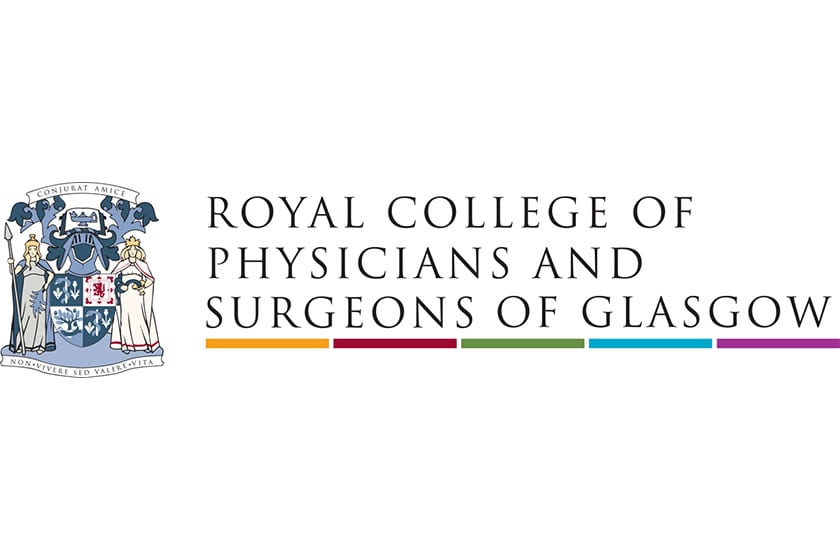SIGN 151: Management of stable angina
14 Mar 2018
A new national clinical guideline to be published on 18 April 2018.

The SIGN guideline on stable angina will be published on 18 April 2018.
This guideline updates SIGN guideline 96 on management of stable angina, published in February 2007, to reflect the most recent evidence. This update incorporates evidence and recommendations on diagnosis and assessment, pharmacological management, interventional cardiology and cardiac surgery, non-cardiac surgery and psychological health and interventions, for patients with stable angina.
Why we need a guideline
Despite a steep decline in mortality from coronary artery disease (CAD) in Scotland over the last 20 years, CAD remains one of the leading causes of death in Scotland, responsible for 7,154 deaths in 2015. It is estimated that 18% of men aged 65–74 and 32% of men aged 75 and over are living with ischaemic heart disease (heart attack or angina); prevalence in women in these age groups is substantially lower at 9% and 20%, respectively. There are treatments available for CAD that can address these issues. A diagnosis of angina can have a significant impact on the patient’s level of functioning and quality of life.
The challenge for health care professionals:
- identifying patients who have chest pain related to CAD and distinguishing it from chest pain due to other cardiovascular or non-cardiac causes
- identifying patients with stable angina from those with non-stable angina
- identifying and ensuring patients with CAD receive appropriate treatments
- ensuring those patients with CAD undergoing noncardiac surgery receive the correct interventions
Category: Wellbeing
Latest news and statements
Key priority areas
Topics
- Workforce
- Wellbeing
- Equality, Diversity and Inclusion
- Climate Change
- Health Inequalities
- College
- Obesity
- COVID-19
Archive
Key links
Tweets by @rcpsglasgow